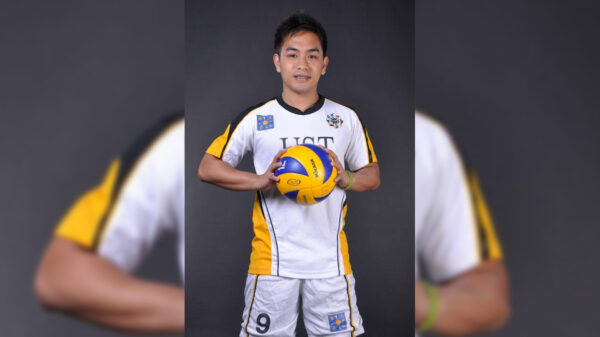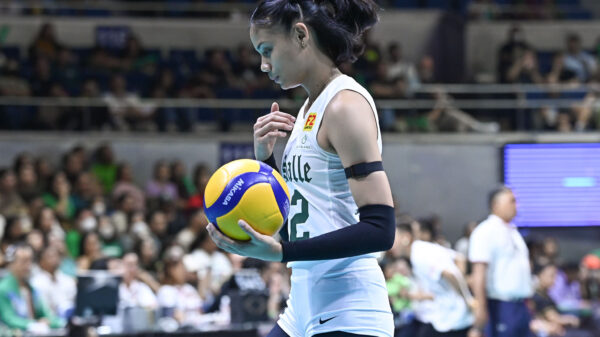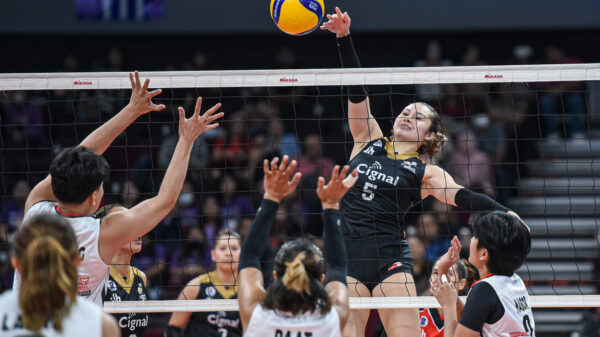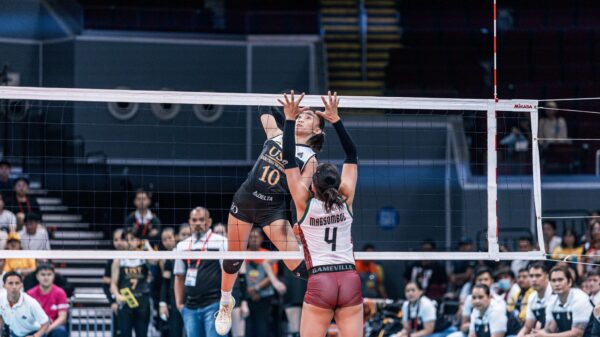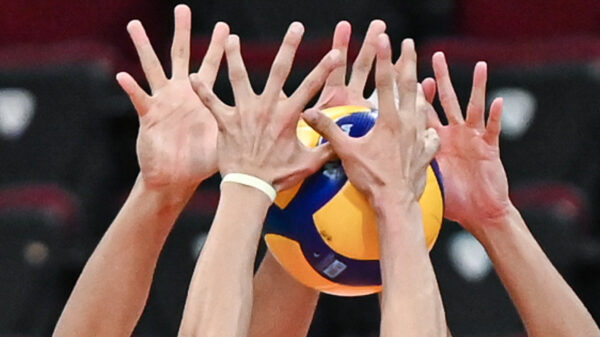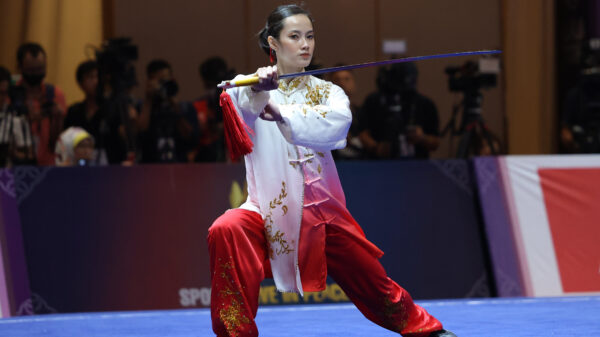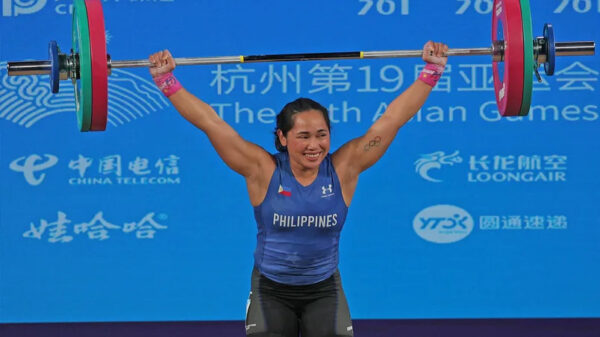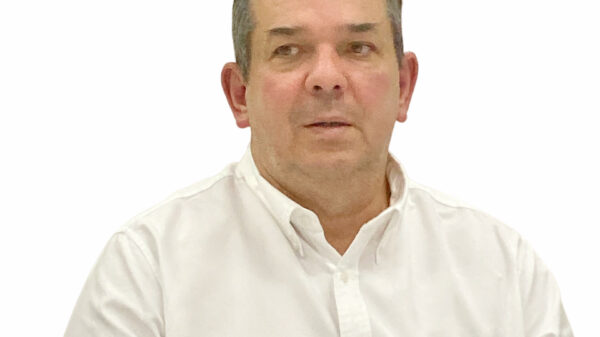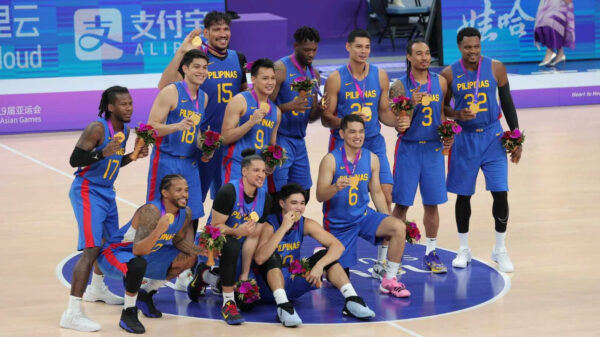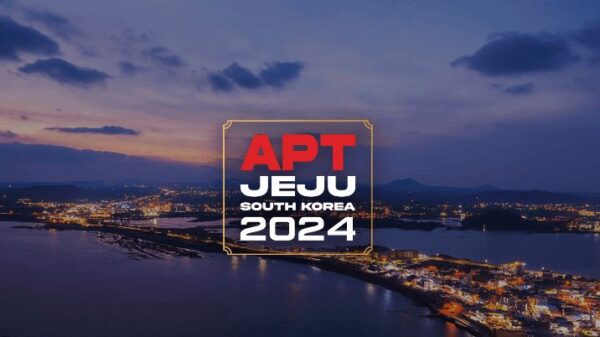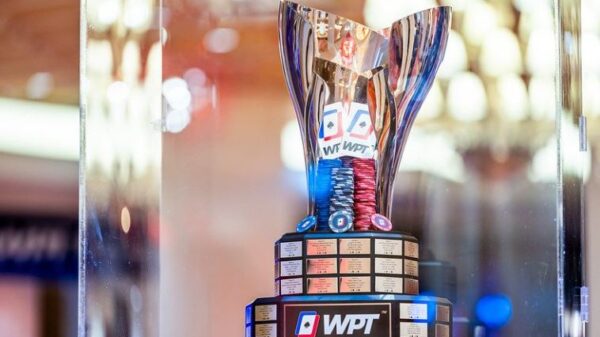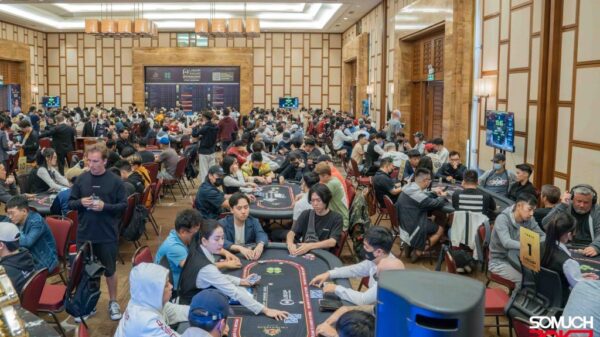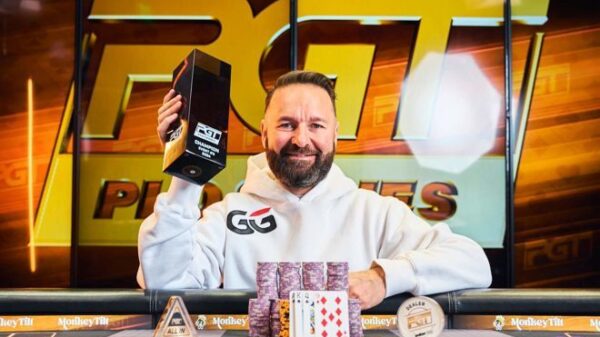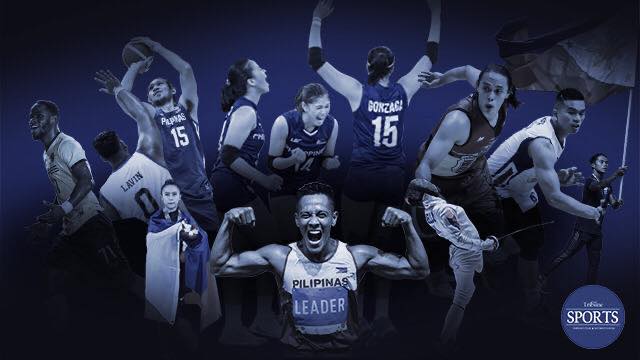When President Ferdinand “Bongbong” Marcos tosses the ball to mark the opening of the FIBA Basketball World Cup, he will be recreating a very special moment that was done by his father — the late former President Ferdinand Marcos — in 1978.
Indeed, as fate would have it, another Marcos is at the seat of power when the country hosts the prestigious cage event from 25 August to 10 September.
But the Marcos administration is more than just basketball. One year after winning the presidency by record margin, President Marcos had already proven that he has a sports program that inspires and motivates the national athletes to do well in various international competitions.
So far, the Philippine Sports Commission is doing a good job in serving the athletes.
Shortly after being sworn in as the agency’s 12th chairperson, Richard “Dickie” Bachmann immediately went around the country to check on the training condition of the athletes.
His trips yielded positive results as he was able to identify the needs of the athletes, prompting him to craft a sports program that will help them succeed in the international arena.
Under Bachmann, the PSC came up with a system for the timely release of allowances of the athletes. He also refurbished their training facilities, took care of their food and nutrition and improved the agency’s back-of-house.
He also opened his office for various national sports associations to make sure that all of their concerns, especially the funding for local and international competitions, will be addressed.
Truly, Bachmann’s hands-on approach was in line with the vision of President Marcos that no Filipino athlete will be taken for granted.
The athletes repaid the President’s love and concern by gifting him with an impressive performance in the 32nd Southeast Asian Games.
Inspired by the presence of Bachmann, Filipino athletes delivered 58 gold, 85 silver and 117 bronze medals in the biennial meet in Phnom Penh. Although they finished fifth, the athletes still came up with a strong performance as it was an improvement to their 52-gold finish in the previous edition of the regional tourney in Hanoi.
“It’s a pleasure to be with the athletes,” President Marcos, the nephew of former Project: Gintong Alay chief Michael Keon, said days before the athletes compete in the SEA Games.
“If this administration can do anything more to support your chosen events, please make sure to tell me because we are all rooting for you to be successful.”
But the biggest challenge is still the country’s national pastime — basketball.
With barely a month left before the FIBA Basketball World Cup, the government is pressed for time to come up with a preparation that would meet the high standards of the International Basketball Federation and powerhouse countries like the United States, Spain, Serbia, France and China.
President Marcos knows that the World Cup is more than just basketball. It is also a historic moment that would boost the country’s image in terms of commerce and tourism.
But the Chief Executive has the best go-to-guy in Bachmann.
Aside from being the son of late basketball great Kurt Bachmann, star player at De La Salle University and former Alaska team executive, Bachmann also knows the country’s hosting of the World Cup like the back of his hand after serving as its head of operations prior to his government appointment.
Bachmann and PSC commissioners Walter Torres, Matthew “Fritz” Gaston, Olivia “Bong” Coo and Edward Hayco hit the ground running. After the release of Administrative Order No. 5, the PSC immediately spearheaded an Inter-Agency Task Force that will mobilize key government agencies like the Metro Manila Development Authority, Department of Customs, Bureau of Immigration, Department of Transportation, Department of Foreign Affairs and Philippine National Police for the World Cup hosting.
“This administration is committed to providing the Inter-Agency Task Force with all the necessary support and assistance it needs in order to fully achieve its objectives and to secure the safe, orderly, and successful conduct of the tournament,” Senior Deputy Executive Secretary Hubert Guevara, who represented Marcos in the IATF meeting, said.
“Let us all take this endeavor both as an opportunity and as a challenge — an opportunity to showcase what the Philippines has to offer and a challenge to make the FIBA Basketball World Cup a great experience for athletes and fans alike.”
Right now, preparations are already 90 percent complete with the local organizing body already identifying and solving potential problems that will hamper the staging of the world-class event.
Bachmann assured that President Marcos is one with the Samahang Basketbol ng Pilipinas in making sure that the country’s hosting will be a success.
“The first role will be financial assistance to FIBA LOC and SBP,” said Bachmann, whose agency allotted P1 billion of its total budget of P2.2 billion to the country’s World Cup hosting while making all of its facilities available for the use of foreign delegates.
“One-hundred percent of government funding is with the FIBA LOC. We’re just waiting for the liquidation after the event. PSC will also make its practice facilities like Rizal Memorial and Philsports available for them to use.”
With the way things are going, it seems that the Marcos administration had already done everything to provide the needs of the athletes while throwing its full support behind the country’s hosting of the World Cup — the first since 1978 when his father was still the Chief Executive.
That’s why when he tosses the ball for the ceremonial jump ball in the opening game between the Philippines and the Dominican Republic at the cavernous Philippine Arena, millions of Filipino sports fans will look at him not just as the President of this basketball-crazy country.
He will be treated as a hero, a leader who has a heart for the athletes.

